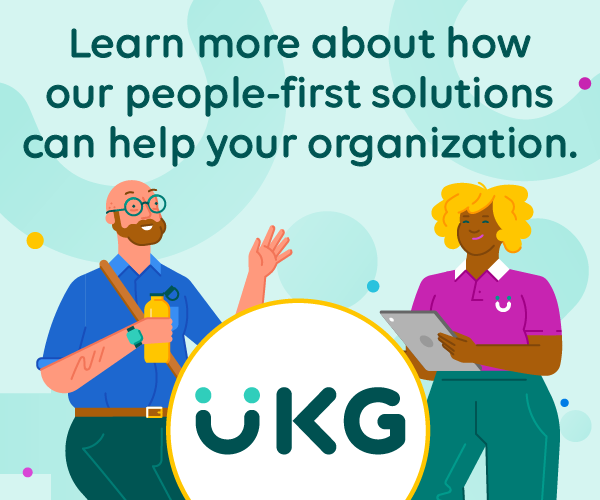Money, Stress and Work: Talking Through the Taboo
Money is a strange phenomenon.
We use it every day in business transactions to purchase goods and services. And yet, as much as money is about dollars and cents, account balances, and transactions, it is so much more. Money is about our history (how we were raised with money), our money values and beliefs, our triggers (what bugs us), our desires (think about what you really, really want) and our goals.
Dollars and Sense
While all of these factors make up how we spend our money, we don’t typically talk about or explore them in any great depth in our families, schools, or workplaces. Nonetheless, somehow it is expected that once we become adults, we should intuitively know about the banking and credit system, understand how to budget our day-to-day expenses, plan for our goals, avoid bad debt and save up for our retirement.
But who teaches us? Who guides these conversations? And what happens when things go wrong financially? Where do we get help? And whom do we trust?
The answer is usually: “I don’t know!” So we go to work, get paid and do the best we can with our money. This is the best-case scenario. Worst-case scenario is we struggle with our money, we’re swimming in debt, we’ve maxed out our credit, we’re fighting with our spouse/partner, we’re having difficulty sleeping at night because we’re stressed and our physical and mental health is now starting to decline. What’s the solution because the suffering feels endless?
Tackling the Taboo at Work
Money is one of the least talked about topics in Canada. It feels taboo—a dirty little secret that we all want to keep in the closet. However, we’re brave and courageous so let’s open up that closet door and shine some light on money and your employees’ relationship with it.
You may be wondering why this is something you as an HR professional should care about. Perhaps you have an employee assistance program (EAP) to which you refer. Perhaps this feels outside the scope of your responsibilities and expertise. Or maybe, you just don’t want to have this conversation because it’s personal and uncomfortable.
The Perils of Money Stress
Here’s why you need care. Many of your employees are stressed about their money—and they bring their money stress to work. Money worries impact your employee’s ability to sleep. Money stress will impact your employee’s physical and mental wellness. Money stress creates relationship discord which can find its way into the workplace (Think of the last fight you had with your spouse/partner. How productive, present and positive did you feel at work?) Money tension impacts your employee’s ability to concentrate at work. In fact, they may be receiving collection calls at work (or worse, a garnishee order) and are absent more often in order to deal with their finances. And all this costs your organization money and time.
Let’s Talk EAPs
EAPs are a great benefit to many employees in Canada. When it comes to personal finances, however, it is worth your time and effort to understand what happens to your employee when you refer them to your EAP.
Some things to ask can include but aren’t limited to:
- What services are provided (e.g. a budget, counselling, education, financial planning, and insolvency services)?
- What services are provided within the EAP and what services are referred out to a third party?
- Who is that third party providing the services outside of the EAP (is it a licensed insolvency trustee, a financial institution, a certified financial planner, an accredited credit counsellor, for profit or not for profit)?
- Are there fees for your employees for these external services?
The answers will give you more information and comfort for when you refer employees to your EAP.
Four Financial Workplace De-stressors
So what can you do about your team’s financial well-being without delving into their bank accounts and debt loads? Here are four things you can do:
- Acknowledge that money is an issue for many of your employees and that financial well-being (or lack of) impacts the company’s bottom line;
- Research your EAP and the services they provide (or refer to) when an employee is struggling with their finances;
- Bring financial wellness out of the closet by posting neutral information. (The Financial Consumer Agency of Canada has amazing information, tools and resources). Write about it in your company newsletter or blog (or get a guest writer from a neutral source. Research your local non-profit credit counselling agency and ask them for some posters and brochures to post. Now your employees can grab some information inconspicuously.; and
- Introduce financial lunch-and-learn topics from sources that are not trying to sell products or services. Some examples could include: a representative from your retirement plan to chat about the details of the plan; a workshop for families to talk about the Canada Learning Bond; a local accountant to talk about common tax write offs and how to take advantage of various government programs; or your local non-profit accredited credit counselling agency to talk about budgeting, the ins and outs of credit, and other related topics.
Your Money and Your Life
As my coach likes to say to me, “Stacy, how you do your money is how you do your life!”
Remember that if your employees are feeling financially stressed, they are feeling stressed everywhere (body, heart, mind, relationships, and at work). You as an HR professional can ease the burden by researching your own organization’s supports, putting up neutral information, and starting the conversation.
Stacy Yanchuk Oleksy is presenting a Financial 1st Aid for HR Professionals webinar on July 19. For information on this and other professional development opportunities, please visit cphrbc.ca.
Stacy Yanchuk Oleksy, MSc., CEPF is the director of education and community awareness with the Credit Counselling Society.







